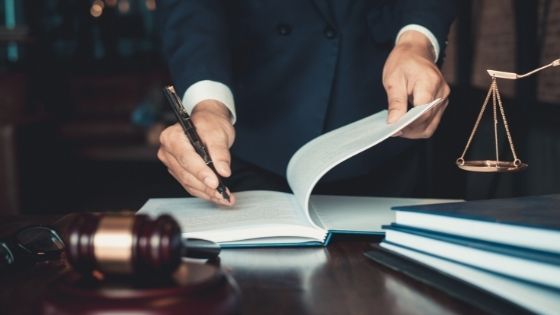Threatening a loved one or an acquaintance with an act of violence or abuse is a criminal offence, garnering attention from the local police authorities. But due to provisions made by law, citizens have the right to seek protection against all forms of abuse, stalking, and violent intentions from a known person by applying for an AVO.
Courts grant apprehended violence orders to people who fear harm from someone they know and can prove so beyond a reasonable doubt. Under the order, the PINOP –Person in Need of Protection– is shielded from the defendant, who is legally barred from approaching, following, intimidating, or threatening them in any way.
The following points elaborate on the concept of AVOs, helping those who know very little about it to understand the ramifications better.
The difference between domestic and personal violence orders
Intent to injure is the most prevalent form of crime nationwide, causing unsuspecting victims tremendous pain and suffering. AVOs were introduced to prevent violent crimes against people and enable them to live secure lives.
A domestic AVO is issued when the parties involved are currently or have been in a personal relationship. It applies to couples, current or ex-partners, children, roommates, etc.
A personal AVO is issued when the parties involved do not have a personal or intimate relationship, such as colleagues and neighbours.
What happens in court
The course of action in court will depend on your response to the order. For instance, if you consent to it, you will sign the respective forms, which are then sent to the magistrate. But if you wish to defend the matter, the court will schedule a time to hear you.
A hearing is ordained during which both parties will give their side of the story. The court will issue a final order or ruling after assessing information from the complainant and the defendant. For a favourable decision, it is better to have legal representation.
Responding to an AVO
Although people can represent themselves in court, it is not advisable as apprehended violence orders can be serious matters that require legal expertise. Therefore, the first thing you must do when facing such an order is contact a reputable local accredited lawyer. These professionals have immense experience and knowledge in AVOs, ensuring you receive excellent representation in court and the matter is investigated thoroughly.
Hiring a reliable attorney is all the more essential if the AVO includes criminal charges and there are children involved in the case. Moreover, it is critical to avoid contacting the PINOP as it might breach the order, leading to severe consequences.
You must never agree to an AVO without proper legal consultation when faced with the choice. Also, it is best to communicate with the complainant via experienced law firms who know how to handle such sensitive situations deftly.
Typical time period
Generally, most AVOs are valid for approximately two years if the court does not specify the exact time frame. Depending on the case severity and court decision, this period can be extended. Defendants can hire expert lawyers to defend against the order by usually seeking a postponement of two weeks to gather sufficient information.
If you are the complainant, you can seek to make changes or cancel the order after a specific point with the help of a capable attorney.

















